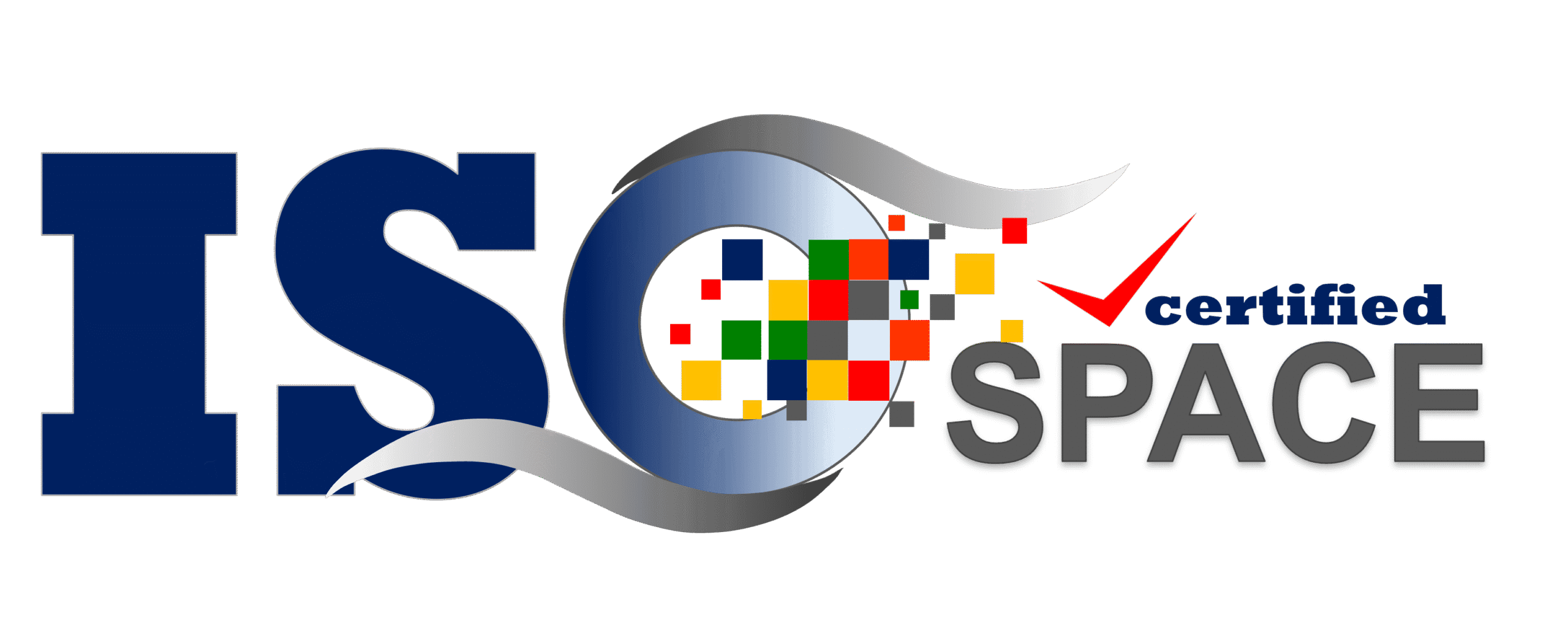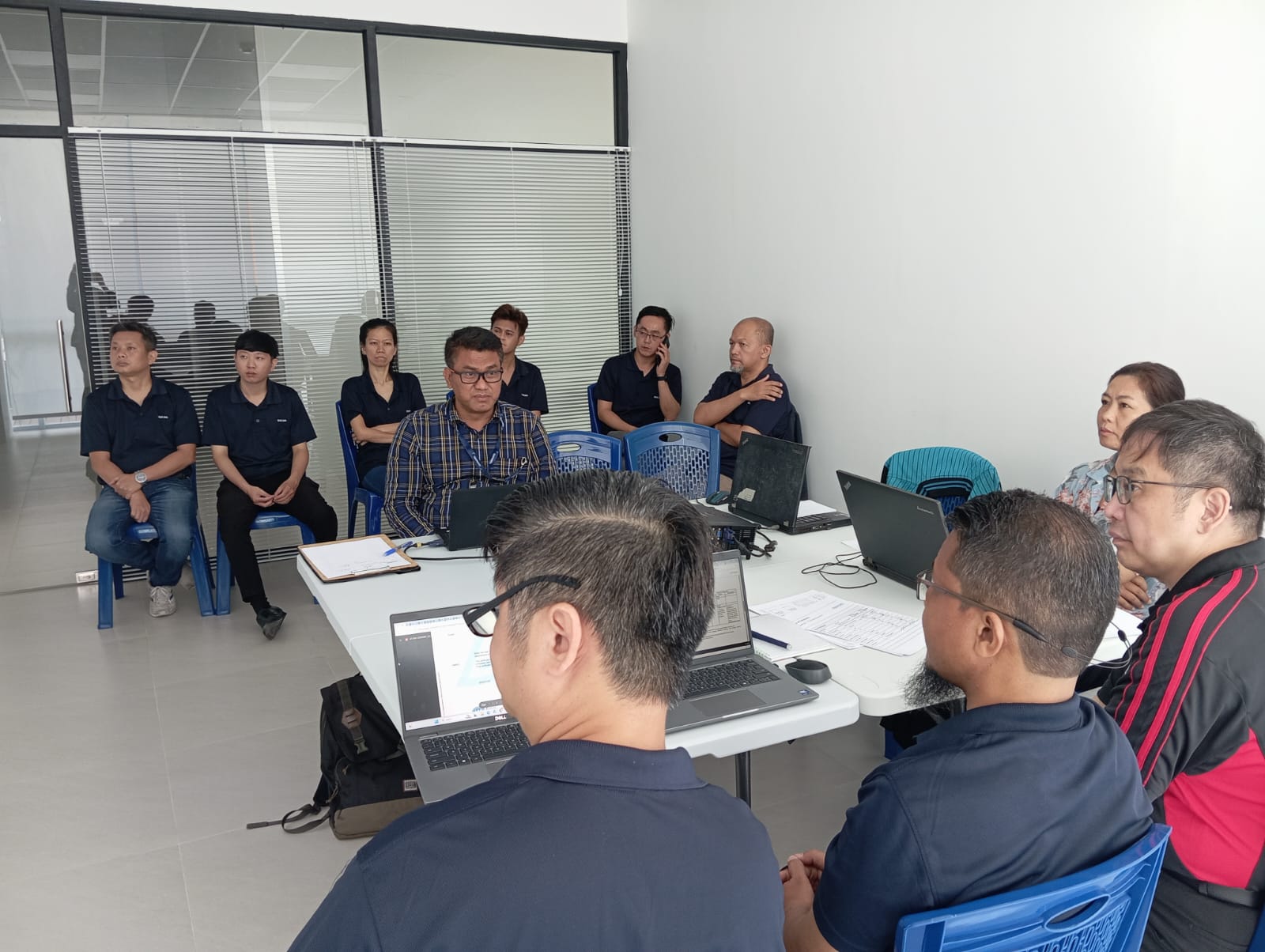ISO vs SNI: Friends or Rivals? Check Before You Choose!
You are probably familiar with the term ISO. This logo is often displayed on company brochures, certificates, and even LinkedIn profiles. But have you ever heard of SNI?
In Indonesia, these two standards are like two sides of a coin that are often questioned: Which one is better? Which one should you choose?
The answer is not that simple. ISO and SNI are not competitors, but partners with different roles and “homes.” Understanding the differences is the key to making the right decision for your business or product.
Let’s discuss this in a relaxed and easy-to-understand manner.
Getting to Know the Players: The Global and the Local
- ISO (International Organization for Standardization), functions like an international passport for an organization, making it recognized and trusted worldwide. Its goal is to create a global common language for quality by ensuring that an organization’s management systems, processes, or services—such as a startup in Bandung or a factory in Japan with ISO 9001 for quality, an oil company or resort with ISO 14001 for the environment, and various industries with ISO 45001 for occupational safety—meet the highest standards for quality, efficiency, and safety, regardless of location.
- SNI (Indonesian National Standard), functions like an ID card for a product, serving as a sign of identity and guarantee that a good or service has met the minimum standards that are appropriate and safe for distribution in Indonesia. These standards are national in nature and are often mandatory, especially for products directly related to safety, health, and consumer protection, such as helmets that effectively protect the head, electrical cables that are fireproof, and rice and sugar that are guaranteed to be of high quality for daily consumption.
Distinguishing Between the Two: It’s Not Just a Matter of Scale
The difference between ISO and SNI is not simply a matter of “domestic” versus “foreign.” Let’s look at the differences from a deeper perspective:
- Scope and Recognition: ISO is recognized globally, while SNI is officially recognized in Indonesia. Having ISO certification opens the door to exporting, while SNI is the ticket to playing in the domestic market.
- Nature of Implementation: In general, ISO certification is voluntary, driven by market needs and the desire to increase competitiveness. Conversely, for certain products, SNI is mandatory and has legal force. Not having it can result in products being confiscated and subject to sanctions.
- Area of Focus: ISO focuses more on the systems and processes that run within an organization (how you manage quality, the environment, etc.). SNI focuses more on technical specifications and the quality of the physical product itself (such as thickness, strength, material composition).
SNI is mandatory, but ISO is the secret weapon for moving up a class. Here’s why.
Are you familiar with SNI? Good. It is the basic ticket to enter the Indonesian market. Having SNI on your product is like having an ID card—an administrative requirement.
But can your business rely solely on SNI? It’s possible. Just as you can live solely on your ID card. However, can your career reach international levels with only your ID card? Probably not.
This is where ISO comes in—not just as an “additional certificate,” but as a secret weapon to transform your business from a local player into a respected champion.
Think of it this way: SNI makes you compliant (meeting the rules), but ISO makes you competitive (capable of competing). And in the cutthroat world of business, competitiveness is what makes winners.
From “Passing the Exam” to “Class Champion”: A Mindset Changed by ISO
SNI says: “Your product meets the minimum requirements for sale.”
ISO (especially ISO 9001) declares: “All systems and processes within your company are the best!”
ISO is not only concerned with the final product. It addresses the root causes: how you serve customers, manage human resources, design processes, and correct mistakes. ISO is about your company’s DNA.
So, what is the role of SNI? It is the foundation, not the pinnacle.
Don’t get me wrong. SNI is very important. It is the foundation of your legal and safety framework. Without SNI, your business could be at risk of closure.
But once that foundation is solid, will you just build a simple house? Or will you build a towering skyscraper?
SNI is the mandatory foundation. ISO is the architectural design for building your business skyscraper.
Conclusion: Don’t Just Play in the Local League
Having SNI means you are a good player in the domestic league.
Having ISO means you train and have the same standards as the champions in the European Champions League.
So, the question is no longer “Do I need ISO?”, but “How quickly can I adopt ISO before my competitors do?”
Investing in ISO is not an expense. It is a down payment on a bigger, more efficient, and more respected future for your business. SNI keeps you afloat. ISO makes you thrive.
For more information or assistance with ISO certification, contact us at:
Call Center: 082288303338
Email: marketing@isospace.id
Contact: Kristina Saragi, 081268161778, kristina@isospace.id
Thank you for reading!


Leave a Reply